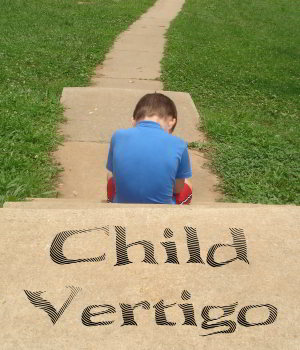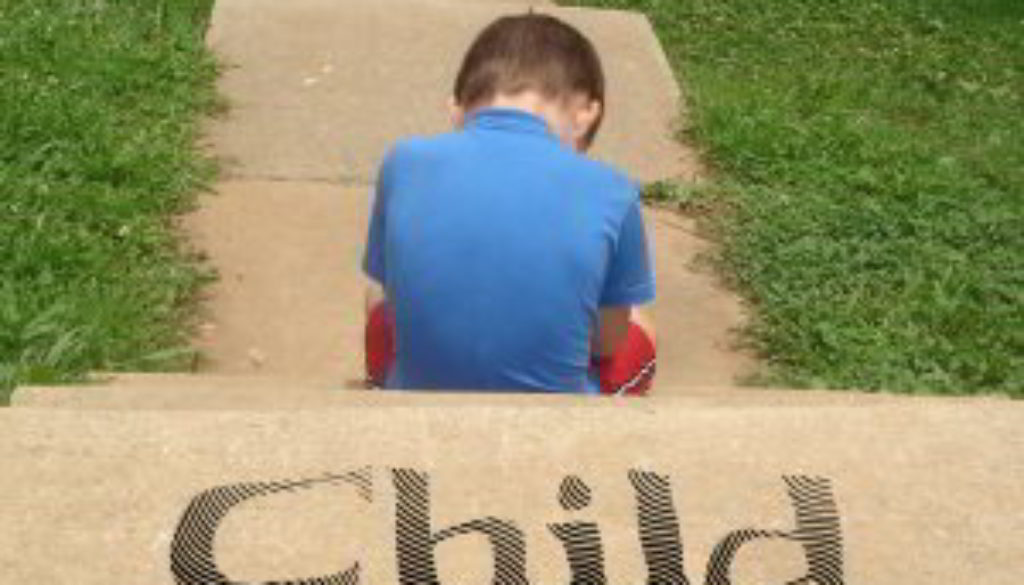Good News for Children with Vertigo
What causes vertigo in children? Common causes would have to include the inflammatory diseases known collectively as otitis media. Otitis media will often go away by itself, and the symptoms can be managed by mild pain killers. In some cases, antibiotics may be needed. If the disease keeps returning, your doctor may recommend “tubes” in the ears to help drain the fluid. (More about Middle Ear Infections)
But next to that, there are many children who have vertigo which is harder to diagnose. If the eardrums look normal, and there are no inflammatory diseases, what’s the solution?
Well, we have good evidence that the most common cause of this vertigo is migraine. According to one study (see Various causes and clinical characteristics in vertigo in children with normal eardrums.), migraine and benign paroxysmal vertigo of childhood (BPVC) account for over half of the cases of vertigo, the rest being more tricky.
How can this possibly be good news?
Well, catching migraine early in life leads to some major benefits later one. Also, getting a proper diagnosis (as opposed to “just lie down if you feel dizzy… maybe it’s stress…”) can lead to much better treatment.
 Researchers and health professionals are still trying to figure out what to do with dizziness in migraine, especially if it is a major and repeating symptom. Sure, we know some clear types of migraine where vertigo is common, but the rest of the cases are harder to classify.
Researchers and health professionals are still trying to figure out what to do with dizziness in migraine, especially if it is a major and repeating symptom. Sure, we know some clear types of migraine where vertigo is common, but the rest of the cases are harder to classify.
So we have a category that we call “vestibular migraine”. In vestibular migraine, the vertigo is moderate to severe, and it happens multiple times. At least 50% of the episodes have some of those common migraine symptoms, such as a one-sided headache. But sometimes the vertigo just comes by itself.
Some of these attacks can last for hours – even days. And if the symptoms are severe (even if there’s no headache), the patient will be completely unable to carry on with normal activities.
But the good news is that these episodes can be treated with typical migraine medications and treatments (which also further confirms their connection to migraine disease).
Last month a report came out of Boston Children’s Hospital, illustrating some of their experience with children with vertigo, and in particular vestibular migraine (Evaluation and management of vestibular migraine in children: Experience from a pediatric vestibular clinic.).
When the patients tried the following medications (all of which are drug types used for migraine), 80% or more were successfully treated:
- tricyclic antidepressants
- cyproheptadine (an antihistamine)
- topiramate
- triptans
Gabapentin, which is an anticonvulsant, was also used. It was effective in 25% of cases.
If your child complains of dizziness (and possibly nausea), and is also getting some headaches (not necessarily at the same time), talk to your doctor as soon as possible. If there is no obvious ear problem, there’s a good chance that migraine is to blame.
Because any of these diseases (migraine, otitis media, BPVC) can have a major impact on your child’s normal activities and development, it’s very important to get proper treatment as soon as you can.


16 November 2015 @ 2:08 pm
Wow, this explains so much! I had horrific vertigo around 6th grade that would make me feel like the room was spinning. A year or so later, I started getting fullblown migraines, complete with halos and “hangover.” This was back in the early ’90’s, though, so there wasn’t as much information and medication on migraines yet.